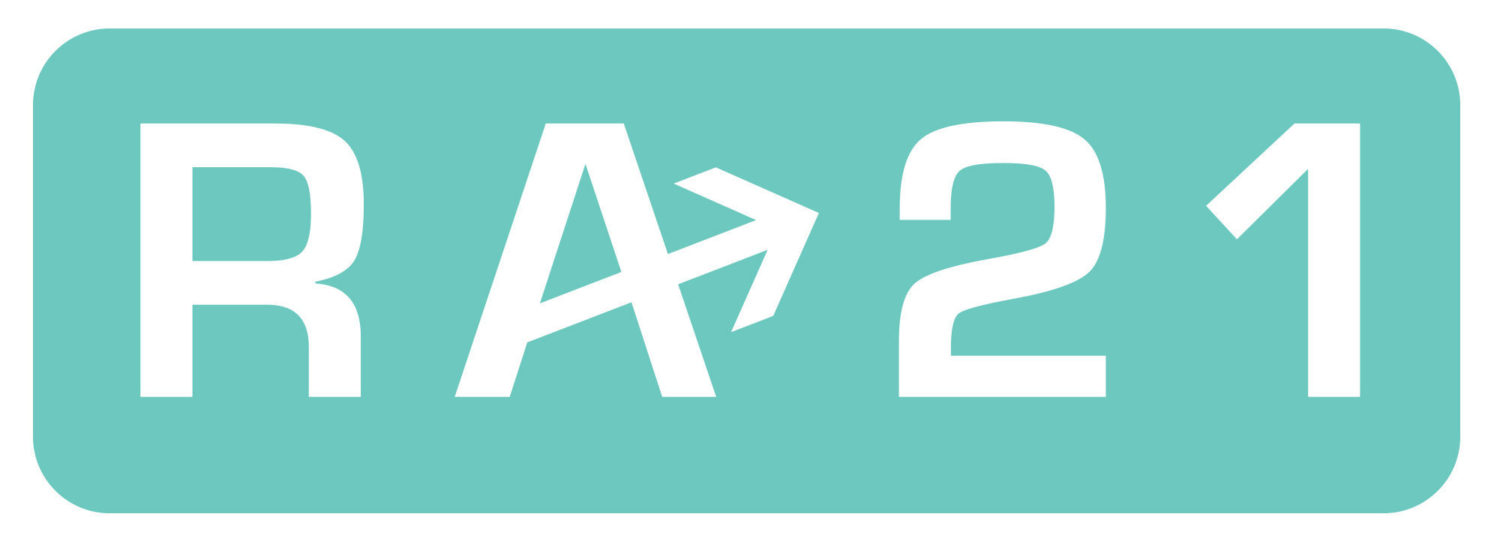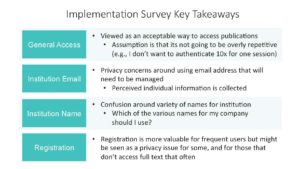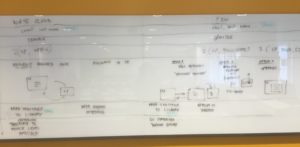RA21 Workshop – September 1, 2017
On 1 September, SURF hosted an RA21 general session and pilot workshop at their offices in Utrecht, NL. Approximately 25 people attended in person, with another 12 attending remotely. When compared to the event in London, this event had a more even distribution of librarians, vendors, publishers, and federation operators attending.
The day opened with a general introduction (slides), which generated some useful discussion on topics such as governance for the WAYF Cloud service, questions about handling guest access, and education on authentication versus authorization. The second session covered the UX work (slides), which has advanced since the July workshop. The corporate pilot has started to collect responses from the UX survey, and those preliminary responses were reviewed and discussed during the presentation.
The UX discussion then generated further questions around the viability of using an email address for all use cases, thoughts on geolocation, the possibility of short-term wins to change the language (if not the underlying WAYF technology) on existing discovery pages, and more.
The afternoon was a working session that focused on where the academic pilots differed, and how those differences might impact the UX design. The P3W pilot and the WAYF Cloud pilot share a number of characteristics. Given RA21’s ultimate goal of exploring the possibilities for improving identity discovery to create informed best practice, having the pilots share ideas about what is (or is not) working is critical. Where there is already convergence between the pilots, we can start considering what that means for best practice. Where the pilots differ, we can focus on comparing the differences to the RA21 use cases and explore the possibilities in detail.
The people who stayed for the pilot workshop session were extremely pleased with the quality of discussion and progression of ideas. Our next workshop will be on October 19, with a goal of continuing this kind of active engagement and exploration of possibilities in the UX, security, and privacy spaces.


